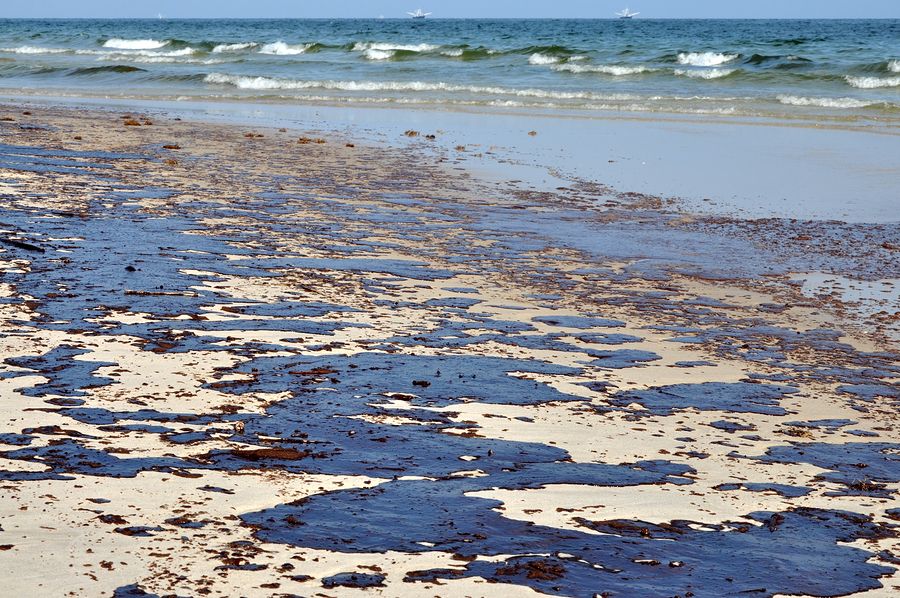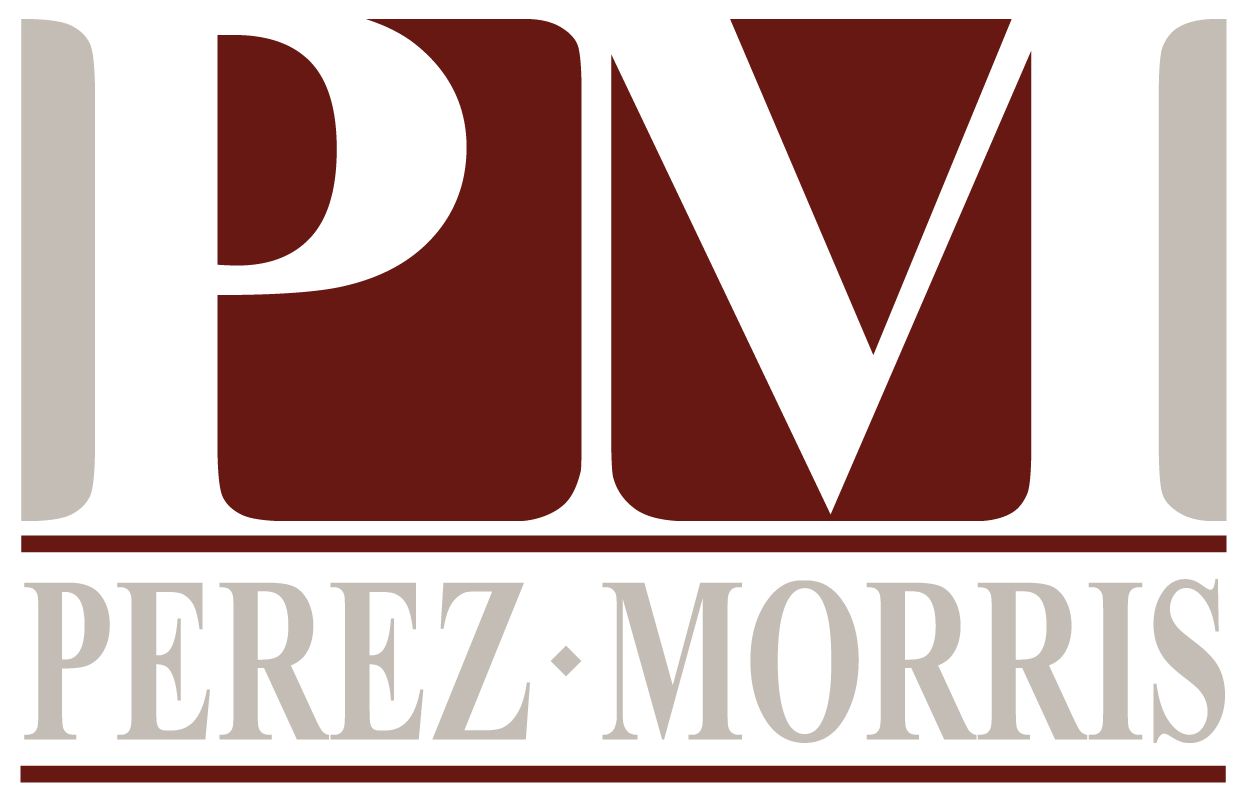
The Gulf of Mexico oil spill of 2010 is widely considered the worst U.S. oil spill of all time. BP has paid over 40 billion dollars in spill related expenses and may owe around 14 billion more in federal fines.
Litigation surrounding the spill has produced a host of interesting legal issues, and the litigation over the federal fines is no exception. According to the Wall Street Journal (http://www.wsj.com/articles/oil-prices-to-play-into-bp-fine-1421610065), BP believes it “has no obligation to lend money to its subsidiary and that the court should disregard the broader BP group’s financial resources in imposing a fine.” If BP owes no obligation to pay the debts of its subsidiary, then it would not have to pay the roughly 14 billion in federal fines and the subsidiary would most likely go bankrupt or face a smaller fine.
This is one example of how using subsidiaries to reduce risk is a valid business strategy, but it is not full proof. The U.S. Justice Department argues, “BP’s subsidiary is controlled by the parent,” thus BP is responsible for the federal fines. Essentially, the USJD is attempting to remove the limited liability of the subsidiary and make BP fully liable for the subsidiary’s action.
In addition to liability for fines, BP is required to make court-ordered settlement payments to businesses affected by the oil spill pursuant to a settlement agreement approved by the U.S. District Court for the Eastern District of Louisiana in 2012. Claims may be made for both economic losses and property damage. The settlement is referred to as the “Deepwater Horizon Court-Supervised Settlement Program.” Currently, the deadline for affected business to file claims and take part in the settlement is June 8, 2015. Retailers who have lost sales as a result of the spill and its related decline in tourism and shopping may consider whether they are able to submit a claim.
For more information on the settlement and claims process, visit: http://www.deepwaterhorizonsettlements.com/
Authored by Sarah Perez & Chad Trownson
